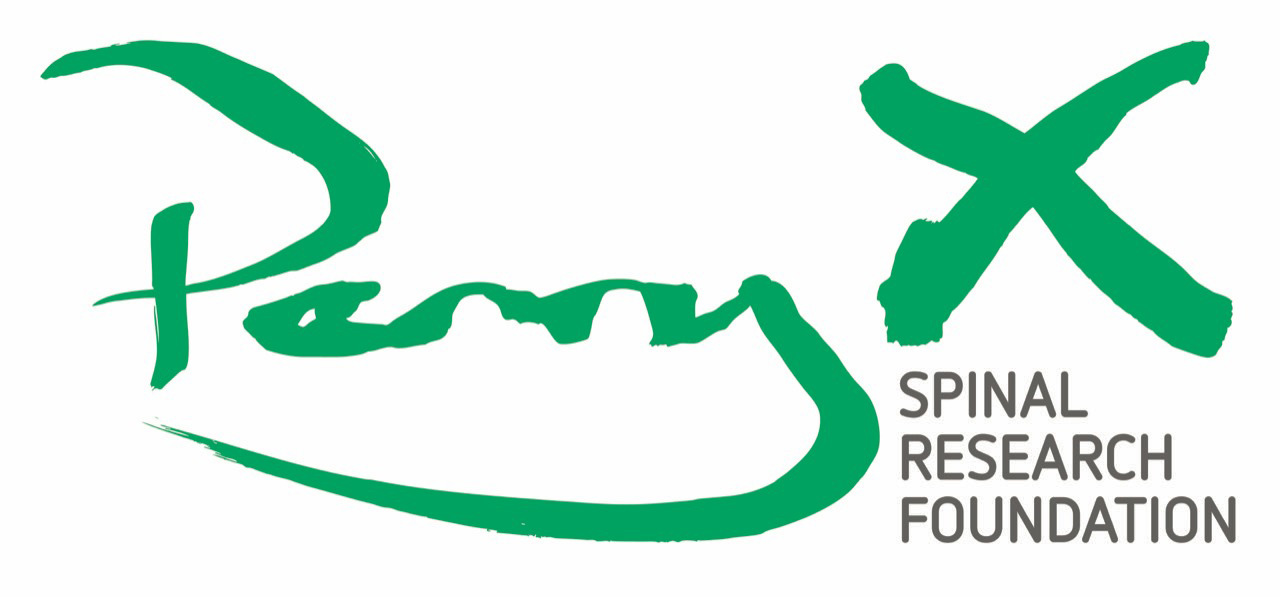We are thrilled to announce that because of your generous support, the Foundation is co-funding Dr Mo Chen’s prestigious research fellowship. Griffith University awarded just 12 Postdoctoral Research Fellowships across the university. These fellowships are designed to support the best and brightest researchers so that they can continue outstanding research and then apply for nationally-competitive […]
READ MOREContract Research Organisation Scoping
A human clinical trial is a major undertaking as the cell product needs to meet strict regulations that are defined by the Australian Government. However, for a therapy to be successful it must also comply with international government regulations so that it can be delivered to countries around the world. This funding from PCSRF allowed […]
READ MOREIntensive Rehabilitation Trial Two – Prehabilitation
June 2025 Update from Griffith University The feasibility clinical trial, GUSIP02, aimed to test the feasibility and acceptability of an intensive long-term rehab program for people living with spinal cord injury, particularly those who had previously had little experience with rehab. The trial also included participants from a wider geographic area as feedback from the […]
READ MORE$5.7M funding injection from MAIC
The Motor Accident Insurance Commission of Queensland (MAIC) extended the support of the Spinal Injury Project at Griffith University thanks to the encouraging research outcomes. This shows how philanthropy, universities and government can effectively work together to generate positive impact for the community. This new funding enabled the research team to fast-track the development of […]
READ MORE$5.1M funding injection from MAIC (Motor Accident Insurance Commission)
In 2016, with the lobbying of the Perry Cross Spinal Research Foundation, the Motor Accident Insurance Commission donated $5.1M to support the Spinal Injury Project team at Griffith University. This funding supported the SIP team for three years. The Motor Accident Insurance Commission strongly supported the development of the olfactory cell transplantation therapy. This investment […]
READ MOREOlfactory Cell Transplantation to Repair Spinal Cord Injury Project
This project brings together the key aspects of the previously funded PCSRF projects to test how stimulating olfactory ensheathing cells can improve functional outcomes in preclinical models of spinal cord injury. The transplantation of olfactory ensheathing cells in previous clinical trials had been performed using micro-injections of cells into the health spinal cord surrounding the […]
READ MOREIntensive Rehabilitation Trial One
The Intensive Rehabilitation Trial (Rehabilitation Trial 1) funded by PCSRF was conducted in 2021. This clinical trial was needed to determine whether an intensive program of rehabilitation was suitable for people living with chronic spinal cord injury. As rehabilitation is an essential part of the overall cell transplantation therapy, it is important that the rehabilitation […]
READ MORENerve Bridge Project – Spinal Injury Project
In September 2019 the Perry Cross Spinal Research Foundation funded an additional $86,666 to Griffith University’s Spinal Injury Project. The funds supported the development of a new generation of nerve bridges to repair the injured spinal cord. Thanks to previous PCSRF and MAIC funding, the Spinal Injury Project team recently developed a new technology to […]
READ MORERepairing the Injured Spinal Cord with Olfactory Glia Transplantation
In 2019, PCSRF was proud to provide a funding grant of $28,000 for PhD student Matt Barker for the project “Repairing the injured spinal cord with Olfactory Glia Transplantation” as part of the Spinal Injury Project at Griffith University. Matthew Barker was a mature age student who graduated from Griffith University majoring in Structural Biology […]
READ MORERepairing the chronically injured spinal cord with induced pluripotent stem cell (iPSC)
In May 2018, PCSRF confirmed its support for this exciting new three year research project at a cost of $393,000, led by Professor Marc Ruitenberg at University of Queensland. The intended outcome of this proposal is to design and develop an iPSC-based cell transplantation strategy that will replace lost spinal cord neurons and re-establish connectivity […]
READ MORE

